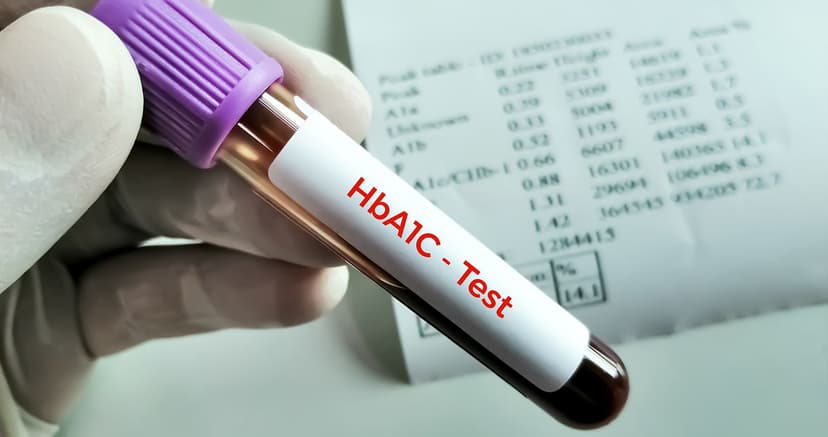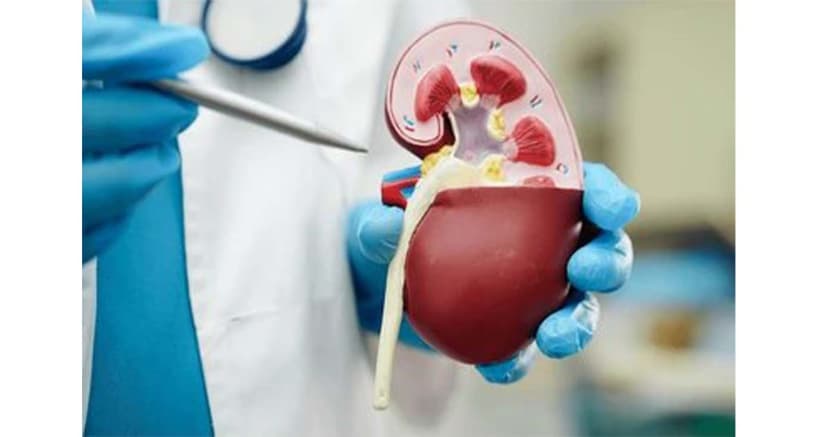Heart Valve Repair vs. Replacement: How to Choose the Right Option
By:

Apex Hospitals
06-09-2024

The heart functions like a complex machine, with four valves regulating blood flow. These valves work like doors, with open and closed flaps to control blood movement. However, when these valves encounter problems, it can lead to significant health issues. One common problem is stenosis, where the valve narrows blood flow. Another issue is regurgitation, where the valve fails to close correctly, causing blood to flow backwards. Both conditions can strain the heart, leading to symptoms and potential heart damage over time.
Fortunately, heart valve problems can be treated. Apex Hospitals offers a range of advanced treatment options for heart valve disease.
But how do you decide on the best course of action? The choice between heart valve repair and replacement depends on several factors, including the type and severity of the valve issue and the patient’s overall health. Each option has advantages and risks, making the decision important.
This guide will help you navigate these options. It discusses the differences between heart valve repair and replacement and how to choose the right treatment path for maintaining optimal heart health.
What is heart valve repair or heart replacement surgery?
The heart is a powerful pump made of muscle tissue. It consists of four chambers: two upper chambers called atria and two lower chambers called ventricles. These chambers work in tandem, with valves between them ensuring that blood flows in the right direction. The heart's valves include the tricuspid, pulmonary, mitral, and aortic valves, each playing a crucial role in regulating blood flow.
When these valves become damaged or diseased, they may not function correctly and require repair or replacement. Two common conditions that can lead to valve dysfunction are stenosis and regurgitation. In stenosis, the valve becomes stiff and narrow, often due to infection (rheumatic fever or staph) or aging. This makes it harder for the heart to pump blood through the affected valve. In regurgitation, a leaky valve allows blood to flow backwards, reducing the amount of blood pumped in the correct direction.
If heart valve dysfunction is severe, your healthcare provider may recommend surgery to either repair or replace the valve. Traditionally, open-heart surgery was the go-to method, requiring a large incision and temporarily stopping the heart to perform the procedure. However, newer minimally invasive techniques offer smaller incisions, less pain, and shorter recovery times.
Apex Hospitals has the best cardiologists in Rajasthan dedicated to providing personalized care. They will carefully evaluate your specific condition, discussing the most suitable treatment options while weighing the benefits and risks of each approach. We aim to ensure you receive the best possible outcome for your heart health.
What is the difference between heart valve and Heart Valve Replacement Surgery?
At Apex Hospitals, our CTVS surgeons are skilled in fixing damaged heart valves when possible. As they explain, “There are many different types of repairs.” For example, a doctor may place a ring around a stretched-out valve to help the flaps, or leaflets, close better. In other cases, clips may be used to fix leaking leaflets.
If repair isn't viable, the specialist can replace the damaged valve with a new one. There are two main types of valve replacements:
1. Tissue Valves (Bioprosthetic Valves): Made from human or animal tissue, these valves typically last 10-20 years and may not be the best option for younger patients due to the need for future replacement.
2. Mechanical Valves: Constructed from durable materials, these valves can last a lifetime. However, patients with mechanical valves must take blood thinners long-term to reduce the risk of blood clots.
For both repair and replacement, there are two approaches:
1. Traditional Heart Valve Surgery: This is the standard open-heart surgery for those requiring mechanical valves.
2. Transcatheter Treatment: This is a minimally invasive approach in which a thin, hollow tube is inserted through a vein or artery to repair or replace the valve. This method is often recommended for older or sicker patients as it carries less risk than open-heart surgery. Traditional surgery may be better for younger, healthier individuals, though patient preference is always considered.
Our team at Apex Hospitals will guide you through the best treatment options tailored to your specific condition for optimal outcomes.
Repair or Replace: Which Is the Right Choice?
The decision to repair or replace a heart valve depends on the specific valve affected and the severity of the damage. For example, in cases of aortic valve disease, particularly aortic stenosis, the valve is often too damaged to repair, making replacement the preferred option. A minimally invasive procedure known as TAVR (Transcatheter Aortic Valve Replacement) is commonly used for this condition.
On the other hand, some heart valves are more suited for repair than replacement. Surgeons often favour repairs when feasible, as they preserve the patient’s native tissue, which is typically better for long-term outcomes.
However, the choice between repair and replacement is only sometimes straightforward. It depends on individual factors such as the patient's health, the condition of the valve, and the specific treatment options available. Your doctor will explain each option's benefits and risks, helping guide your decision.
Minimally invasive endovascular treatments may be an option for specific conditions and are available at many hospitals. Some treatments, however, are only offered at specialized centres or as part of research trials.
Ultimately, the decision should be made through a detailed discussion between the patient and their healthcare provider. It's essential to seek out experienced surgeons, as data suggests better outcomes in hospitals that perform a high volume of these procedures.
Choosing between heart valve repair or replacement is a critical decision. Let our expert team at Apex Hospitals guide you through your options and help you make the best choice for your health. Book a consultation today and take control of your heart health journey.
FAQS
Related Articles
Connect With Us
Health In A Snap, Just One App.
KNOW MORE

























































































































































